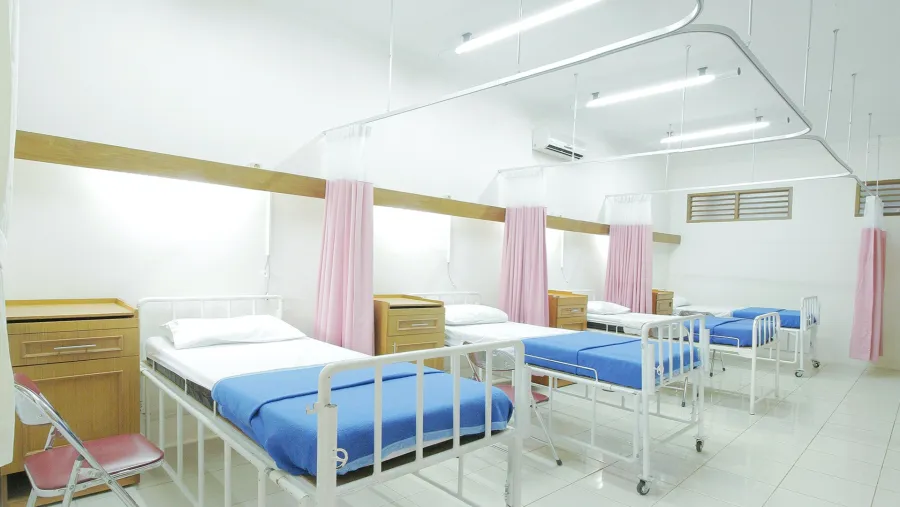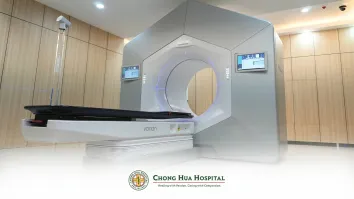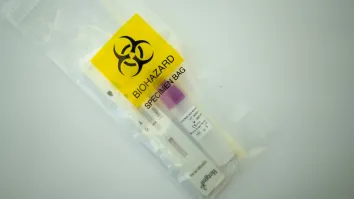
Korean hospital to develop digital recovery room for breast cancer patients
The recovery room seeks to use mobile and web-based AI to monitor recovery status.
Seoul National University Bundang Hospital (SNUBH) and Caremind, a local healthcare company, are developing a digital recovery room catering to breast cancer patients who undergo breast reconstruction surgery.
In a statement, SNUHB Professor Jeong Jae-hoon from the Department of Reconstructive Plastic Surgery will lead a specialised team in creating the digital room. This initiative is part of the government programme to introduce digital healthcare technology in hospitals, especially "homespital" technology. Homespital technology seeks to provide service that enables patients to receive hospital services at home post-discharge.
The innovative digital recovery room aims to leverage mobile and web-based AI to help patients monitor various post-surgical aspects such as recovery status, condition of the surgical site, symptoms, and any anomalous signs in real-time, mirroring expert-level oversight.
This system will be clinically validated with patient groups at SNUBH, Samsung Medical Center and SMG-SNU Boramae Medical Center.
The project seeks to create a homespital system that facilitates real-time reporting based on monitored data from the digital recovery room and provides patient-specific education and information. The project plans to incorporate real-world data (RWD) and patient-reported outcome (PRO) data, allowing patients to record and use their data during actual medical consultations autonomously.
Breast cancer is the number one cancer among women in Korea and has recently seen a more than fourfold increase in the incidence of young women in their 20s and 30s.



















 Advertise
Advertise






